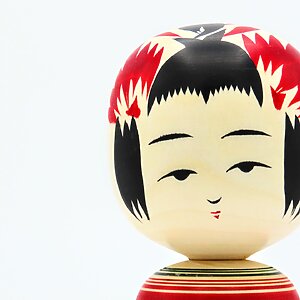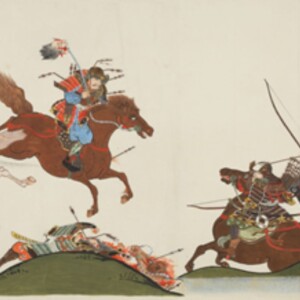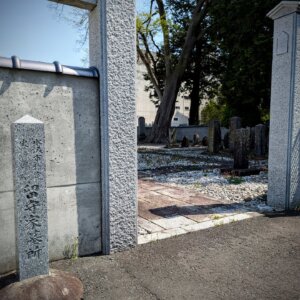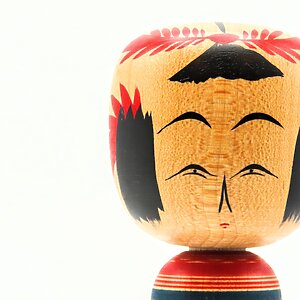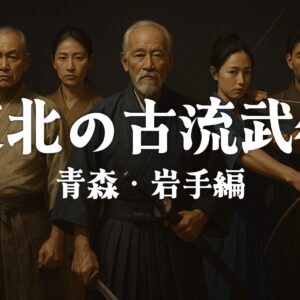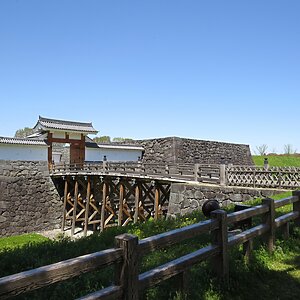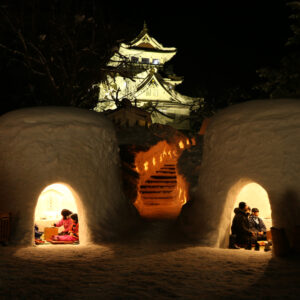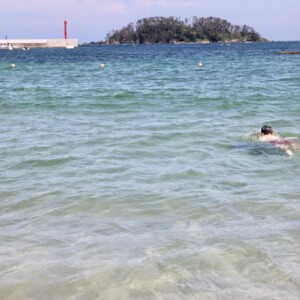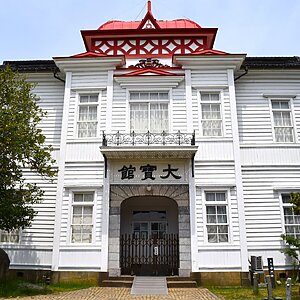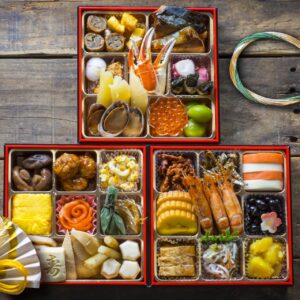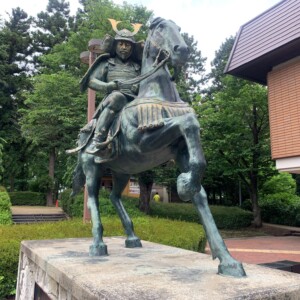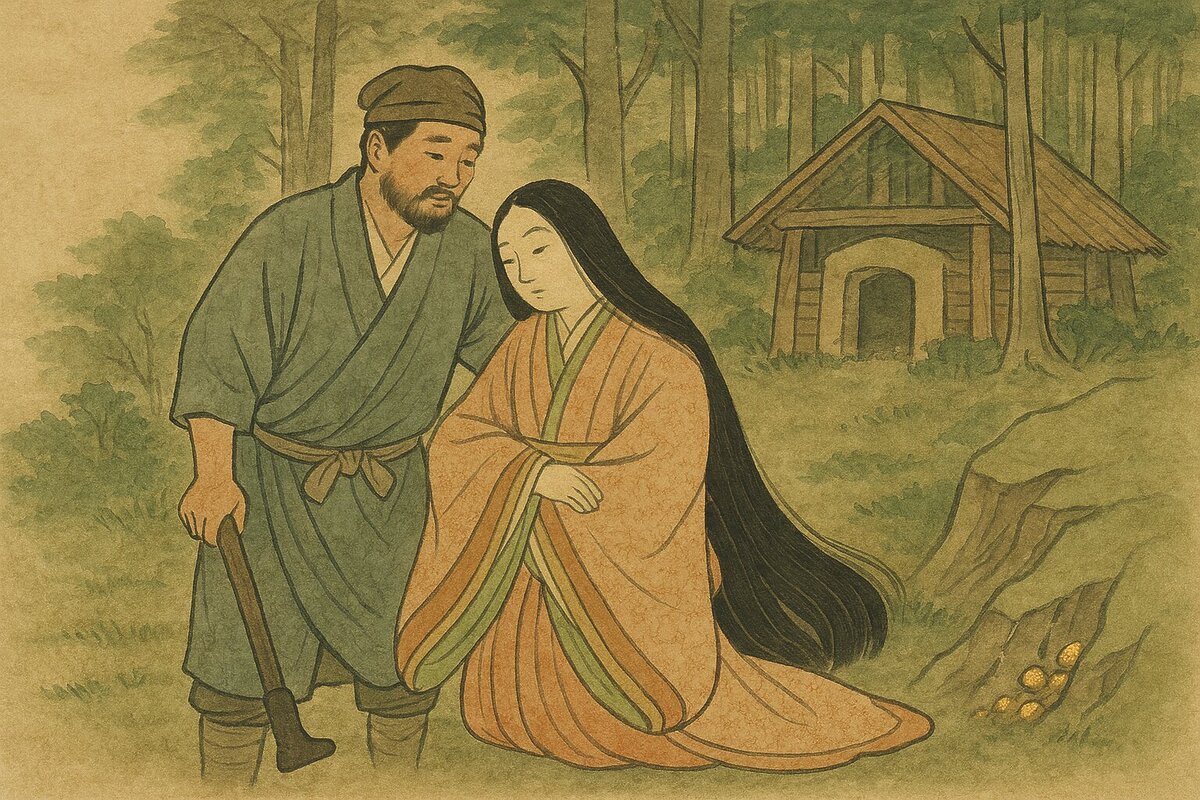
A reverse Cinderella story from the Heian period, "Charcoal Burner Tota," handed down in Kanari, Kurihara City [Miyagi Prefecture]
table of contents
In Kurihara City, located in northern Miyagi Prefecture on the border with Iwate Prefecture, there is a place called "Kananari." It is said that gold dust was mined in the Natsukawa River that flows through this area, and the legend of " Sumiyaki Tota," , is famous.
In Kannari, the grave of the charcoal burner Tota and his wife remains as a historical site. In this article, we will introduce the legend of charcoal burner Tota that is passed down in Miyagi Prefecture
What is the Kanari district of Kurihara City?
The former Kannari town in Kurihara County (now Kannari, Kurihara City) has a long history, and is home to Hakusan Shrine, which is said to have been established here when Sakanoue no Tamuramaro set up camp here during his expedition to the east and prayed for victory, and then enshrined the shrine. There is also a legend that Minamoto no Yoritomo later prayed for victory at this Hakusan Shrine when he pursued the Fujiwara clan of Oshu
In the early modern period, it developed as a post town on the Oshu Kaido road, and the building that was used as the headquarters still remains in the Arikabe area. Other historical buildings that remain include Kannari Elementary School (a tangible cultural property designated by Miyagi Prefecture) and Kannari Christ Orthodox Church (a tangible cultural property designated by the former Kannari town)
A success story for a poor charcoal maker?
The story goes back to the Heian period, when the Fujiwara clan flourished in Hiraizumi. It is a heartwarming tale of how a young man named Tota, a poor charcoal maker, became a millionaire
So, what is the story?
The daughter of a nobleman suddenly appeared! She came all the way from Kyoto to meet him
There was a man named Tota who worked as a charcoal burner. He was a hardworking, earnest man, but still young and single

One day, as Tota was making charcoal, his face black with soot, he was suddenly asked by a young woman's voice, "Are you Tota?"
When he looked up, he saw a woman standing there weakly, dressed in elegant attire reminiscent of a noblewoman from Kyoto. Tota was shocked and overwhelmed by the woman's noble attire, leaving him speechless
Then, perhaps exhausted from the fatigue of her journey, the woman collapses onto Tōta's chest and falls asleep
The sun had just set, and when Tōta laid the woman down in the charcoal kiln, she slept soundly until the next morning, with a look of relief on her face
In his distraught state, Tota could only walk around the hut, and morning came without him having slept a wink
Is Kannon's message a sign of destiny?
The woman wakes up as the morning light streams into the hut. Completely refreshed, she puts her hands on the dirt floor and, after apologizing for her sudden visit, begins to tell the story
The woman's name was Okoya. She was the daughter of the Minister of the Right in the capital, but her position was in jeopardy due to the ongoing conflict in the capital. Furthermore, she was not particularly good-looking, so she could not find a husband, and she continued to visit Kiyomizu-dera Temple, praying that she would be able to get married
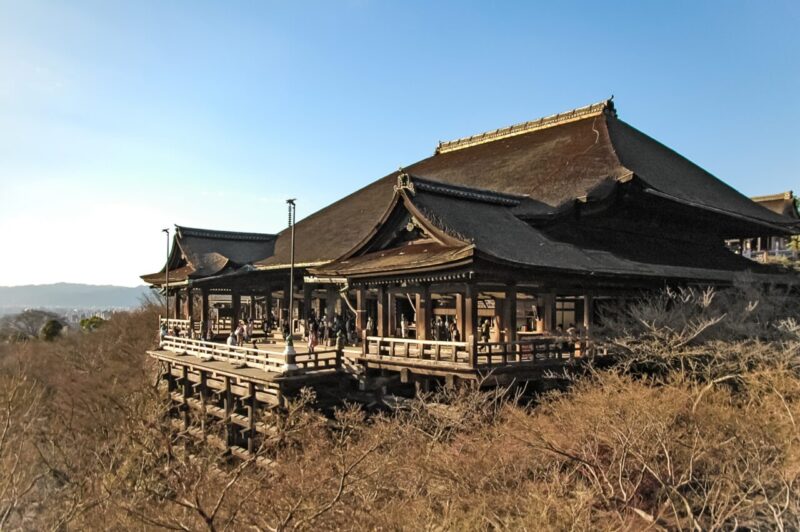
Then, one moonlit night, she received a prophecy from the Kannon of Kiyomizu: "There is a man named Tota in a place called Kannari in Michinoku. Go to him and become his wife." And after a journey searching for Tota, she finally met him.
Okoya spoke calmly, and despite it being the first time they had met, it seemed she already had complete faith in Tota as her husband
As for Tota, he was unable to resist Okoya's capital atmosphere and unwavering attitude, and was unable to come to terms with the sudden situation of having a wife, but in the end the two ended up living together as husband and wife
There's no rice left to eat
Tōta, who worked as a charcoal burner, was poor. About a month after they began living together, Okoya confided in Tōta with a serious look on his face
"We've run out of rice to eat and the thread to mend our work clothes. Do you have any money to buy more?"
Tota replied, "Why not take some charcoal and exchange it for rice?"
When Okoya heard this and tried to take the charcoal out of the kiln, Tota stopped her, saying that it would take three more days for the charcoal to be ready. Okoya pressed Tota, asking if it was okay to go without food or water for three days, but Tota said that he had no choice but to endure it
For Okoya, who had lived a wealthy life in the capital, it was the first time she had experienced not having enough money to buy food. Okoya took out from her obi a bag containing gold dust that she had carefully kept as travel expenses, and handed it to Tōta, saying, "Please use this to buy some rice."
Perhaps embarrassed about having had an argument, Fujita quickly left the house
Tota didn't know what gold dust was
After a while, Tota returned with a duck in his hand
"With this, I can survive for three days," said Tota happily. Okoya was stunned to see this
"That's enough money to live on in the capital for three months! So why only one duck?" Hearing this, he learned that he had thrown the bag of gold dust that Okoya had entrusted to him, hitting the duck and killing it. Okoya sat down in shock, and Tota asked, "How can you buy so many things with that little amount?"
"If there's anything like that, there are loads of them lying around in the mountains behind our house."

Hearing this, Okoya's eyes lit up. Hearing this, he let Tota guide him to the mountain behind the house, and wondered why he hadn't noticed before. The cracks in the grass-covered rocks sparkled everywhere
summary
After this, the legend goes that Tota and his wife became very rich through gold mining and lived happily ever after
Several historical documents, including the Tale of Heiji and the Chronicles of Yoshitsune, mention a man named Kinbai Yoshitsune, who traded gold in the capital, and who helped Minamoto no Yoshitsune retire to Hiraizumi
It is said that Kinuri Yoshitsugu may be Tota or Tota's eldest son Yoshitsugu, but it seems that similar legends about Charcoal Burner Tota remain in Zao Town, Miyagi Prefecture and throughout the Tohoku region
When we think of the Heian period, images of the glamorous court culture conveyed in works such as The Tale of Genji and The Pillow Book come to mind
This story contrasts Okoya, who came from the capital, with Tota, who makes a living by bartering, and vividly conveys the simple, unselfish nature of the people of the Tohoku region at that time. That warm simplicity still remains somewhere in the Tohoku region
Grave of Charcoal Burner Tota and his wife <Information>
- Name: Grave of Charcoal Maker Tota and his wife
- Address: 14-3 Kanari Hinata, Kurihara City, Miyagi Prefecture, 989-5111
- Official URL: Kurihara City Official Tourism Site – Tomb of Charcoal Burner Tota





![Chewy rice brand "Date Masayume" debuts! [Miyagi Prefecture] Freshly cooked rice](https://jp.neft.asia/wp-content/uploads/2018/01/aIMG_7587-150x150.jpg)
![[Miyagi] A famous cherry blossom spot in Japan's first gold-producing region! Wakuya Castle Ruins (Joyama Park) [Miyagi] A famous cherry blossom spot in Japan's first gold-producing region! Wakuya Castle Ruins (Joyama Park)](https://jp.neft.asia/wp-content/uploads/2017/02/800px-WakuyaCastle-150x150.jpg)
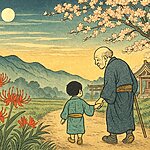


![Onikobe's Jigokudani Promenade! The steam and geysers are a sight straight out of hell! [Miyagi Prefecture] 5148713_m](https://jp.neft.asia/wp-content/uploads/2023/08/5148713_m-150x150.jpg)
![The Zaimokuiwa Rocks of Obara in Shiraishi are a natural phenomenon, a spectacular spot for viewing columnar joints! [Miyagi Prefecture] FE8E1C5D-891F-4A2B-B0BB-BB4536BF6858_1_105_c](https://jp.neft.asia/wp-content/uploads/2023/07/FE8E1C5D-891F-4A2B-B0BB-BB4536BF6858_1_105_c-150x150.jpeg)
